There are two opposing views about language, both advanced by distinguished thinkers. One view holds that a language is external to objects and thoughts; the otherview regards it as fundamental to them. In what sense or senses are these views true? Can they be reconciled?
Language has not merely expressed man’s fears; it has also expressed his sense of mystery. Again and again, man has sung of Gods and Divine Life and his idea of the Good and the Beautiful in sublime speech. This sublime speech, these inspired words, he has treasured as his veritable heritage, his Vedas. But in the passage of time, man’s thought-habits and speech-mores change and the inspired words become difficult to understand. Can a study of language help us to recapture the meanings of older scriptures? Can this study help us to understand the deeper life’ of man, his vision of Gods and the Good? Can this study throw some light on religious consciousness in general and the cherished old scriptures in particular? For example, can we understand the mentality of the seers of the Vedas- humanity’s oldest extant scripture-by studying their language? Or can we understand the import of their language by entering into the state of their mind?
The book studies human speech in its relation to man’s deeper psyche and religious consciousness. It adds a new dimension to the science of Semantics by showing how physical meanings of a word become sensuous meanings, become concepts and ideas, become names of the powers of the psyche, become Names of Gods, depending upon the organ of mind-indriya, manas, buddhi, -which is using that word as also on the level of purity- bhumi-of the organ concerned.
Next, by applying this method of unlocking the highest and the most secret meanings of words, it adds a new chapter to Vedic Exegesis.
Thirdly, refuting that Vedic Gods represent the attempt of the primitive human mind, through Nature’s symbols and objects, towards groping for a unitary principle, it asserts that the truths of the Self can be expressed equally well in polytheistic as well as monotheistic terms, and that One God or Many Gods are opposed only on the mental plane while they meet in the unity of the Spirit.
Fourthly, it invites us to extend this new approach to promote an understanding of several existing religions and many classical religions of the past-of Egypt, Iran, Greece and Rome. Such a study should help the modern Europeans to have a better understanding of their old Gods as also of the Gods of the Africans and American Indians.
Finally, though briefly, the book offers a practical advice. A meditation on the Names and Attributes of Gods has a transforming power not only for the individual but also for his physical, social and cultural environment. As an individual’s consciousness is purified and raised by meditation on the Names of Gods, he becomes increasingly aware of the inertias and impurities around himself and is activated towards achieving a spiritually meaningful environment.

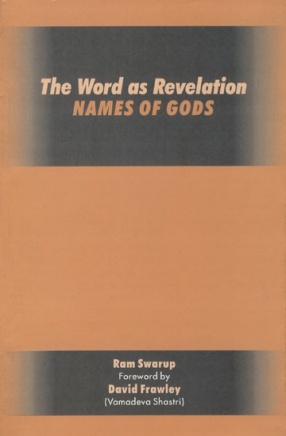
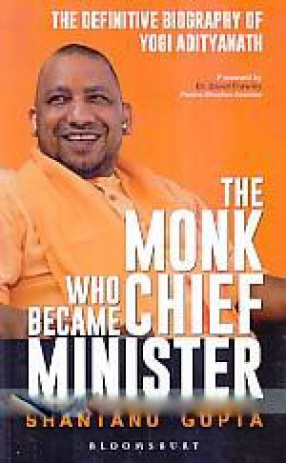
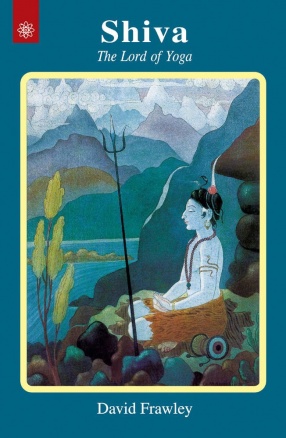
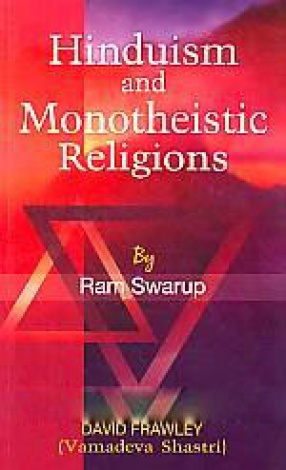
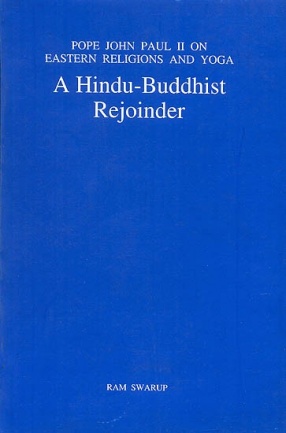

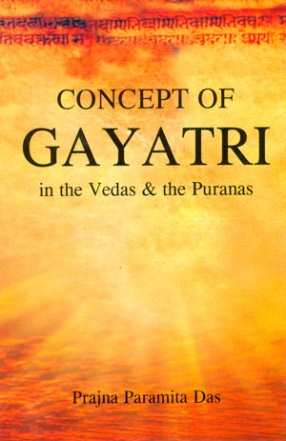
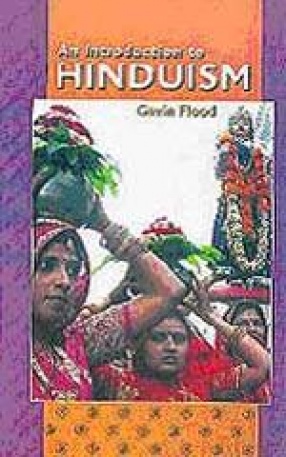
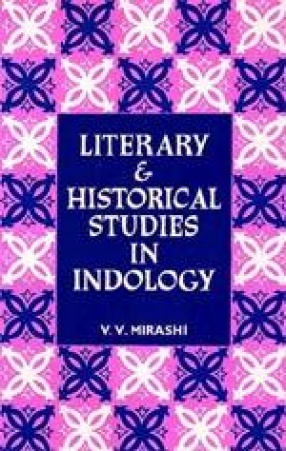
There are no reviews yet.